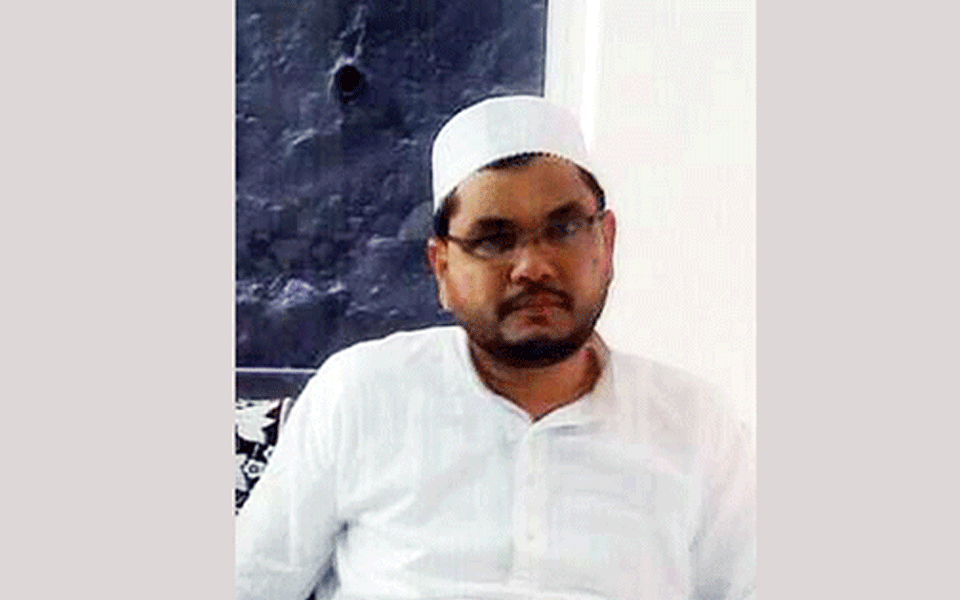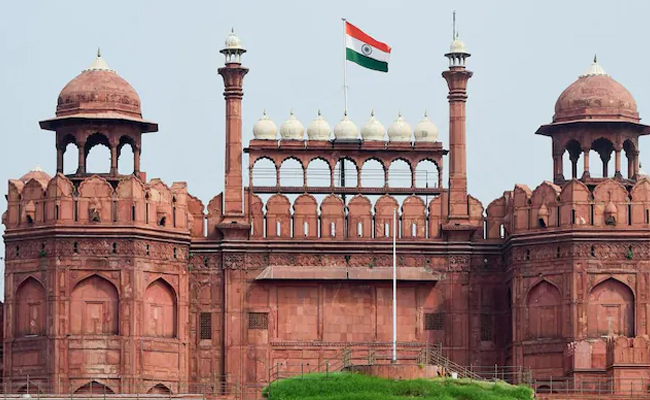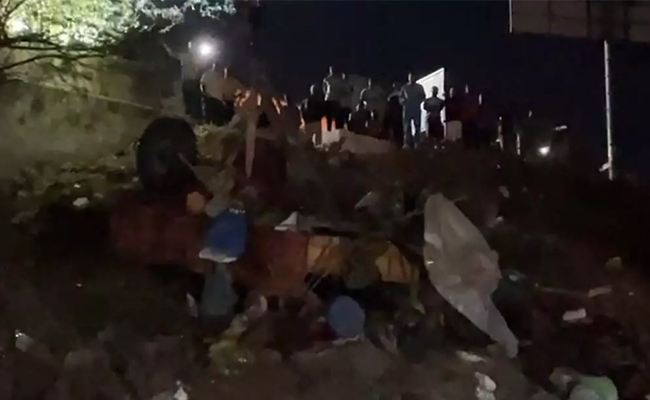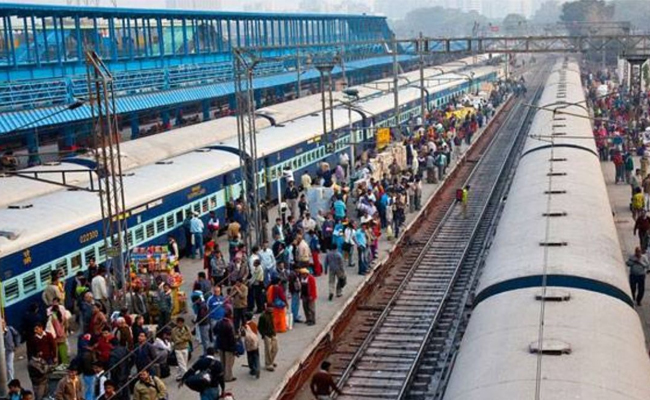Mangaluru: "He was a good human being who never hurt anyone. Always helpful to those in need. He battled between life and death for no fault of his and has now left behind all of us...."
These were the heartfelt words that came from Prabhaker, a close friend of Basheer of Akashbhavan who succumbed to the injuries he suffered in a fatal attack of communal hatred that followed soon after the Deepak murder case of Katipalla.
"He had no enmity with anyone. He never hurt anyone and was friendly with everyone irrespective of their caste. When he was battling for life not only his family members even his neighbours had prayed for his early recovery. His family members were on a fast and were praying for the whole four days when he was in hospital, still Basheer could not be saved," said Prabhaker with deep pain.
Prabhaker is totally shaken following the demise of his dear friend with whom he was together for nearly 15 years while both worked abroad. He also happens to be a neighbour of Basheer family in Akashbhavan.
In fact Basheer who was lying in a pool of blood on the night of January 3 was shifted to the hospital by two ambulance drivers named Rohith and Shekhar.
Let the Truth be known. If you read VB and like VB, please be a VB Supporter and Help us deliver the Truth to one and all.
New Delhi (PTI): Security was tightened across key religious and heritage sites in Delhi on Saturday, including areas around the Red Fort and parts of Chandni Chowk, following intelligence inputs suggesting a possible terror threat, an official said.
Security agencies issued an alert on a possible explosion threat near Red Fort, a major tourist destination and high-security zone, after Central intelligence agencies indicated that Pakistan-based terror outfit Lashkar-e-Taiba (LeT) has allegedly kept prominent religious places in India on its target list.
Sources said specific inputs suggested that a temple in the Chandni Chowk area could be among the potential targets.
ALSO READ: Artificial intelligence, hologram tech bring 'Arjuna', 'Lord Krishna' at AI Summit
While the intelligence inputs are being verified and assessed, security has been stepped up in and around sensitive religious places and crowded public areas, they added.
Intelligence agencies indicated that LeT could be attempting to carry out an Improvised Explosive Device (IED)-based attack. The alleged plan is reportedly linked to attempts by the terror group to avenge the February 6 blast at a mosque in Islamabad, Pakistan, sources said.
Central agencies and Delhi Police units are maintaining close coordination, and surveillance has been intensified through CCTV monitoring, vehicle checks and deployment of additional personnel at vulnerable points. Bomb disposal squads, dog squads and quick reaction teams have also been placed on standby at strategic locations, they added.
The alert comes in the backdrop of the deadly car explosion near the historic Red Fort on November 10, 2025, which killed at least 13 people and injured more than 20 others. The blast occurred when a car loaded with explosives detonated near Gate No 1 of the Red Fort metro station, igniting multiple vehicles nearby and causing panic in the densely populated area.
Security agencies have urged people to remain vigilant and immediately inform police or emergency services about any suspicious objects or activity. However, officials said there is no cause for panic and that the measures are precautionary in nature.
Further intelligence gathering and verification of inputs are underway, an official said.





